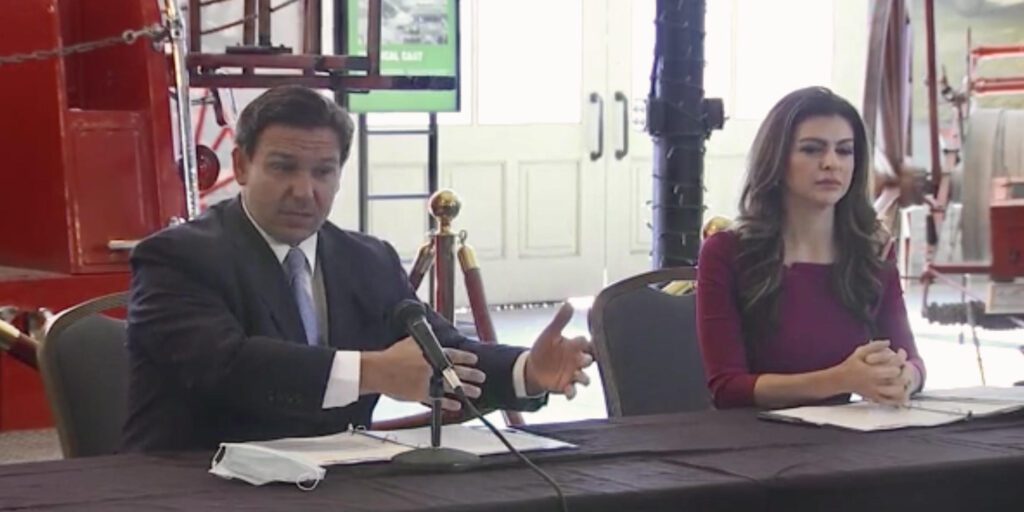Healthcare systems around the country have been largely overwhelmed by the coronavirus pandemic. Although the national focus remains on keeping COVID-19 rates down, experts are pointing to another area exacerbated by the pandemic — mental health.
An increase in isolation, stress and anxiety is triggering or worsening mental health conditions. In order to cope, individuals may be turning to or increasing their alcohol and drug use as well.
A report published by the Centers for Disease Control and Prevention found that mental health conditions during the pandemic are disproportionately affecting specific populations, including Hispanic and Black communities. Young adults, essential workers, unpaid caregivers, and individuals receiving treatment for preexisting psychiatric conditions are also being disproportionately impacted.
The World Health Organization conducted a survey this summer, which included the participation of 130 countries. The survey evaluated how mental, neurological and substance use services have changed due to the pandemic. It showed either a disruption or halting of essential mental health services in 93% of countries worldwide.
Over 60% of the countries surveyed reported disruptions to mental health services for vulnerable people. Additionally, over 60% saw disruptions to counseling, psychotherapy and critical harm reduction services.
Prior to the pandemic, WHO was critical about the underfunding of mental health services, highlighting that countries were spending less than 2% of their national health budgets on mental health. WHO recommends allocating resources to mental health as a key part of countries’ pandemic response and recovery plans.
This week, Congress allocated about $4.25 billion for mental health and substance use disorders. The funding comes from the $900 billion dollar stimulus package. The Washington Post reports that it is “the largest amount behavioral health groups have received in a single spending bill in recent memory, and represents growing awareness of the mental toll the pandemic is taking on the country.” However, the article also reports that behavioral health providers view the funding as likely insufficient — arriving “months after the country’s mental health has deteriorated to alarming levels.”
States have also been trying to mitigate the impact to mental health services prior to the new stimulus bill. Last month, Wyoming Gov. Mark Gordon made $5 million in CARES Act funds available to behavioral health providers to help them provide services to residents.
“We know this pandemic and its impacts has taken its toll on the mental health of many Wyomingites, particularly those battling substance abuse,” Gordon said in the press release. “This funding will enhance the ability for Wyoming providers to deliver services to those having difficulty accessing help and those who are unable to pay for the assistance they need.”
Licensed mental health and substance abuse providers enrolled with the Wyoming Department of Health are eligible for the funding. The funds can be used to provide no-cost services for Wyoming residents experiencing behavioral health challenges, as well as to enhance or offer telehealth and other remote services. Other uses include providing services to residents at long-term care facilities, purchasing personal protective equipment and reimbursing costs incurred since March due to the pandemic.

This month, Florida Gov. Ron DeSantis announced that more than $23 million in federal funds from the CARES Act would be allocated to bolster the state’s mental health services system.
“The effects of social isolation and separation from loved ones over the last several months have exacerbated the need for mental health services and support across our state,” DeSantis said. “With this funding, we will expand community-based mental health programs and services and enhance the system of care for all Floridians in need.”
The majority of the funds will go to community based services, increasing the capacity of multiple state programs “to serve an additional 300 adults and 375 youth with severe mental illness needing crisis intervention.” The governor also announced additional funding for peer counseling services for first responders who have been on the front lines of the pandemic.
Written by Natalia Clement for medez.com



